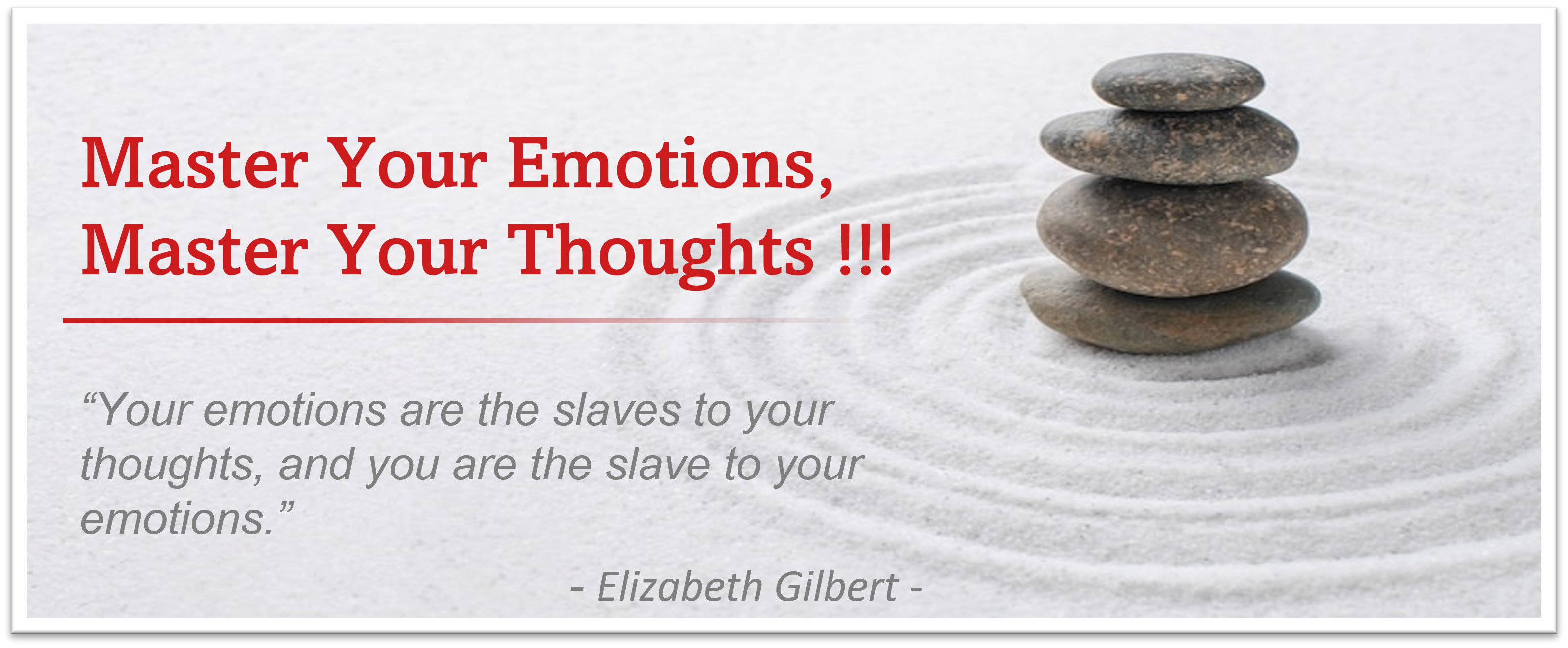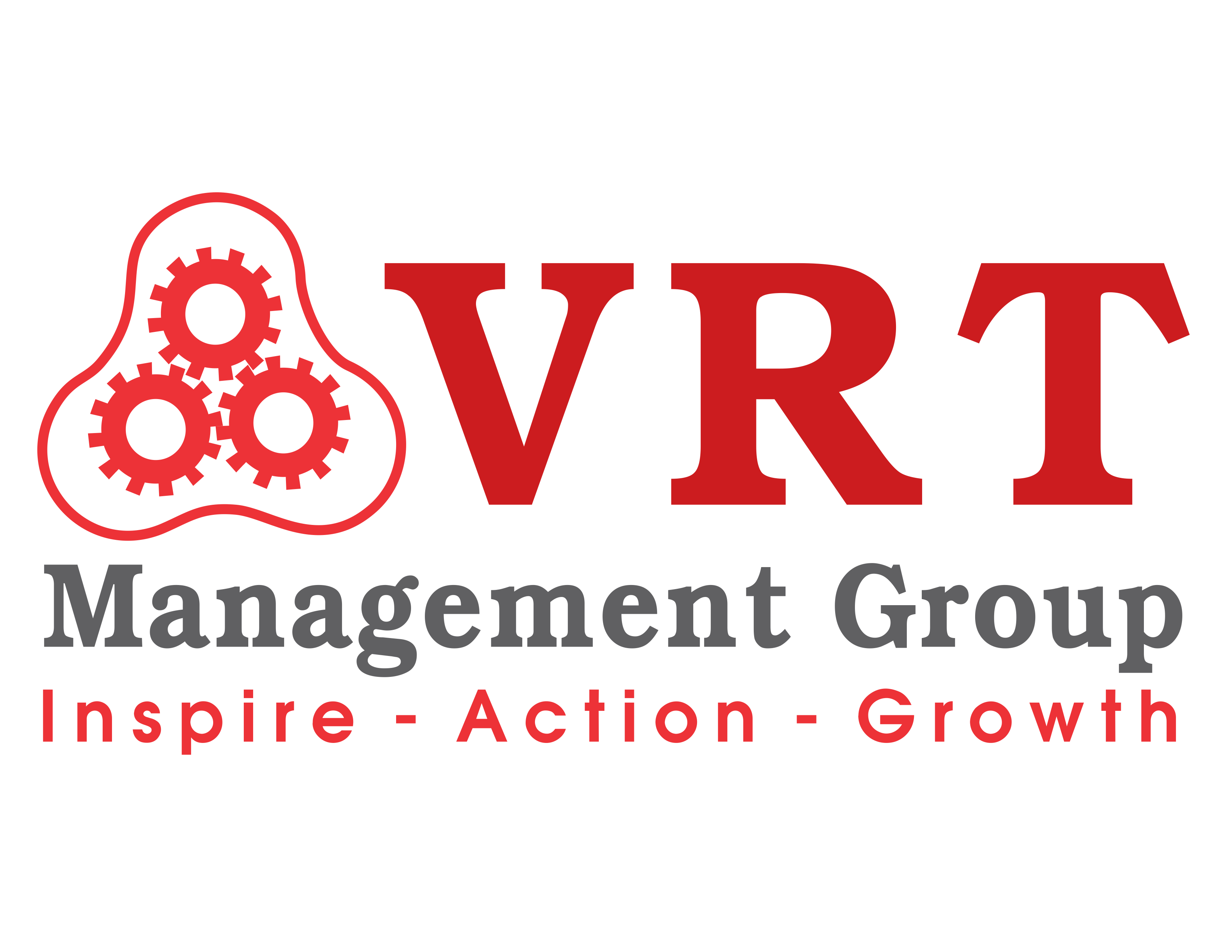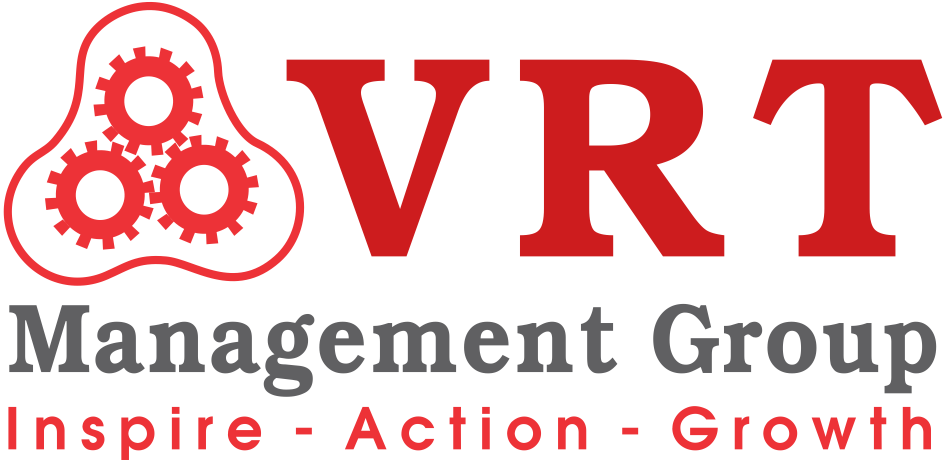
Management
by Rajesh Tedla
Emotional Intelligence
We go through a wide range of emotions (which we generally describe as moods, feelings, etc.) every day. Emotions are the most powerful components of our personality. Our brain exhibits spontaneous responses based on internal or external stimuli. They affect our behaviors and the emotions and behaviors of others with whom we interact.
Emotional Intelligence is about being aware and being able to manage your own emotions and that of others to build positive relationships. For entrepreneurs and business leaders, emotional Intelligence is one of the critical factors for being at the top of their games.
If you are an entrepreneur with a few years in business, you will agree on how hard it is to grow your business by yourself. Your success will always depend on your ability to gather and build a strong team that can share your purpose and vision. A high-performing team is a desirable critical asset for any organization. But establishing synergy within a team takes more than just bringing together people with skills; it requires high levels of Emotional Intelligence. Yet, in most parts of our learning and development, we hardly pay attention to developing this critical aspect of our personality. High emotional Intelligence can be a game-changer for an entrepreneur to achieve accelerated business growth in this highly dynamic VUCA (Volatile, Uncertain, Complex, and Ambiguous) business environment.
Research has shown that Emotional Intelligence (EQ) is twice as important as Intelligence Quotient (IQ) for an entrepreneur. Emotional Intelligence accounts for a 90% difference between a star performer and an average performer.
There is a famous quote, “if you want to go fast, go alone, but if you want to go far, go together.” Developing high emotional Intelligence helps you build this ‘togetherness.’
Emotional Intelligence is all about recognizing, understanding, and managing emotions. It becomes even more important when a company grows to a critical level. For example, when a company is relatively smaller (e.g., with a 5 – 10 members team), everyone interacts with everyone else on a day-to-day basis. In this stage, the team generally develops a unique camaraderie and understands each other very well. This understanding will diffuse intense situations and resolve them quickly in an amicable way.
Let us consider when the same company grows to a team of 25 – 30 employees and the entrepreneur does not have the time to develop deep relationships and understanding with all employees, creating challenges and miscommunications. At this stage, the entrepreneur or the leadership team must display a high degree of Emotional Intelligence to keep the group together, regardless of their interpersonal relationships.
Different dimensions of Emotional Intelligence play together, bringing out our behavior. An entrepreneur needs to work on and develop each of these parts separately and bring them together to achieve maximum success at the business and personal levels.
Let’s understand the five different dimensions of emotional Intelligence in detail:
Self-awareness: Understanding yourself is fundamental to becoming emotionally intelligent. Becoming aware of your feelings, strengths, weaknesses, values, and beliefs is the first step that will help you take control of your actions.
For example, self-aware entrepreneurs can use their emotions effectively to build healthy working relationships with their teams, customers, and other businesses.
Here are a few practices to enhance your self-awareness:
- Pay attention to your feelings in a specific situation and try to understand them without judgment.
- Reflect to identify your emotional triggers. It will help you manage your responses.
- Reflect on a charged-up situation from the past and think about how you feel today.
- Discuss your self-observations with a trusted person and seek feedback.
- Do not avoid unpleasant emotions. Gradually work through them.
- Learn to identify how emotions affect you physically.
Self-regulation:is the ability to regulate and direct your thoughts and actions. It guides you in emotionally charged-up situations to think, reflect and consider your response (not reaction) which builds trust.
Practices to build this dimension of EQ are:
- While under stress, practice deep breathing. It will improve energy levels and increase your ability to self-manage.
- If you are stuck, just move away from the situation for some time. Give it time. Time will bring clarity and perspective.
- Set aside some time every day to think and reflect.
- Manage your self-talk. Nothing is more damaging than negative self-talk.
Motivation: Motivation is the discretionary effort to go the extra mile to achieve goals and objectives. The motivation for an entrepreneur needs to be internally induced rather than external. Emotionally intelligent entrepreneurs are motivated by achievement beyond money and fame. They are encouraged to fulfill a purpose, social or personal. A self-motivated entrepreneur is action-oriented. They take pride in setting higher benchmarks and achieving them.
Here are a few practices to improve motivation:
- Set realistic and measurable goals and be open to change.
- Assess your business and challenge the status quo by setting a higher benchmark.
- Spend time visualizing your achievements and celebrating your accomplishments.
- Identify what could hold you back from achieving your goals and turn them into strengths.
Social Awareness: It involves understanding how the world sees you and how your words and actions impact others. By understanding this, you can adjust your behavioral traits to create an open and safe environment where your team can be honest with you. In addition, it will help you develop a stronger connection with your team.
Here are a few practices to develop social awareness:
- Plan ahead of social events. It will free up your mind to focus on people during the event.
- Practice listening. Remove mental chatter while listening to others. Focus and identify cues from the conversations.
- Live in the present. Living in the past can be depressing while thinking about the future creates anxiety. However, that’s not to say not to plan for the future.
- Learn about different cultures, their values, and ways of life.
Social Regulation:It is your ability to manage relations based on your emotional awareness and that of others. These skills are most useful during times of conflict and stress.
Here are a few practices to develop social regulation:
- Let your body and mind be in sync during your conversation. Gain clarity on your thoughts.
- Open up first to gain trust. Align intent with words and actions.
- Always explain your decisions and address how they will impact others.
- Respect others’ feelings. Try to identify a person’s emotional state and respond in a complementary way.

